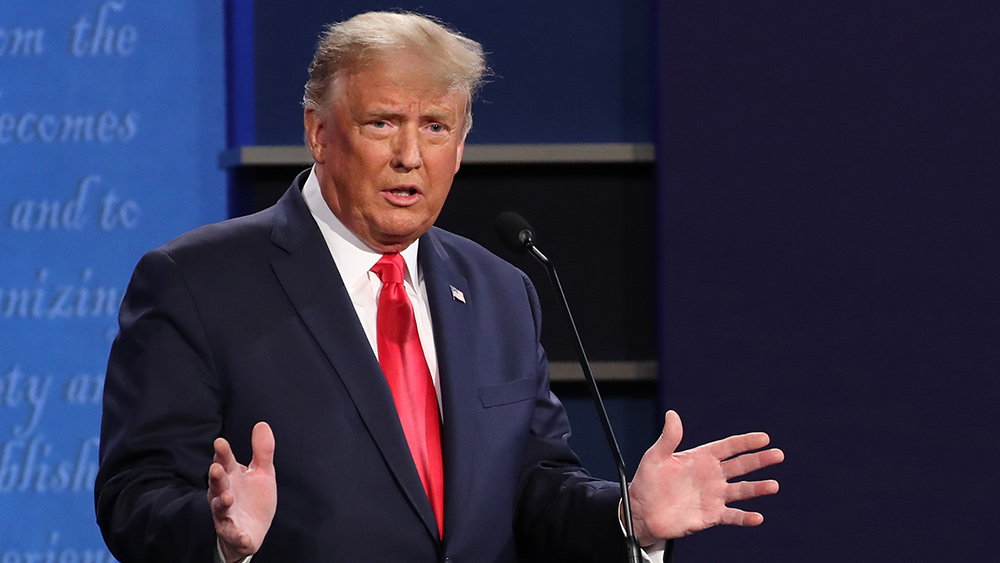 Parler
Parler Gab
Gab
Pfizer COVID jabs caused "negative efficacy" in many areas
Pfizer's clinical trial data covers a span of just two months and involved just 162 participants out of 17,000 who actually got jabbed with the company's COVID injection. This is hardly a large enough pool to properly and accurately gauge the jab's effectiveness. "Based on those numbers, vaccination status had a negligible impact on whether a trial participant contracted COVID-19," the lawsuit states. "The risk of acquiring COVID-19 was so small in the first instance during this short window that Pfizer's vaccine only fractionally improved a person's risk of infection." The lawsuit further states that, in some places in late 2021, Pfizer's vaccine actually had "negative efficacy." What this means is that a greater number of fully jabbed people still tested positive for COVID compared to unvaccinated people, while other places noted fresh spikes in COVID rates despite more people getting jabbed. "How did Pfizer respond when it became apparent that its vaccine was failing and the viability of its cash cow under threat? By intimidating those spreading the truth, and by conspiring to censor the vaccine’s critics," the lawsuit says. "Pfizer labeled as 'criminals' those who spread facts about the vaccine. It accused them of spreading 'misinformation.' And it coerced social media platforms to silence prominent truth-tellers. Indeed, Pfizer even went so far as to request that social media platforms silence a former FDA director because his comments could 'driv[e] news coverage' critical of the vaccine." In a separate statement, Paxton explained that he is filing the lawsuit on behalf of all Texans, including the millions who were coerced by tyrannical vaccine mandates to "take a defective product sold by lies." "The facts are clear," he added. "Pfizer did not tell the truth about their COVID-19 vaccines. Whereas the Biden Administration weaponized the pandemic to force illegal public health decrees on the public and enrich pharmaceutical companies, I will use every tool I have to protect our citizens who were misled and harmed by Pfizer's actions." Paxton's lawsuit was filed after a lengthy investigation into not only Pfizer but also the other leading COVID jab manufacturers that pushed deadly experimental drug products on the public. If you are interested in reading over the petition for yourself, you can do so at the Texas Attorney General's website. The latest news coverage about COVID jab injuries and deaths can be found at ChemicalViolence.com. Sources for this article include: ThePostMillennial.com TexasAttorneyGeneral.gov TexasAttorneyGeneral.gov [PDF] USAFacts.org NaturalNews.comEVIL NEEDLE: Studies corroborate that vaccination is the greatest crime against humanity
By Belle Carter // Share
Appeals court: Trump NOT IMMUNE to civil lawsuits over J6 false-flag riot
By Belle Carter // Share
New York ranked as WORST state for MEDICAL MALPRACTICE in America
By Kevin Hughes // Share
Newman: “Climate change” scam will enable globalist United Nations to enforce its will on humanity
By Kevin Hughes // Share
Governments continue to obscure COVID-19 vaccine data amid rising concerns over excess deaths
By patricklewis // Share
Tech giant Microsoft backs EXTINCTION with its support of carbon capture programs
By ramontomeydw // Share
Germany to resume arms exports to Israel despite repeated ceasefire violations
By isabelle // Share










